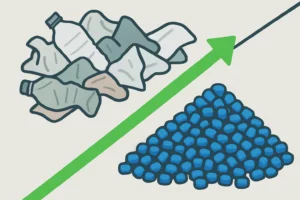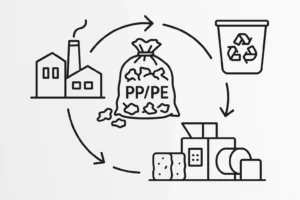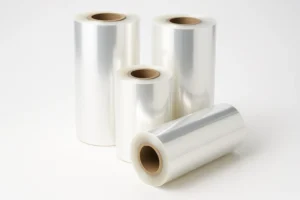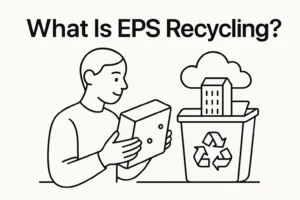Polypropylene (PP) bags, commonly found in various industries, are known for their durability, lightweight nature, and resistance to moisture. These bags, including woven bags and bulk bags, play a significant role in packaging and transportation. However, as the use of PP bags increases, so does the environmental concern related to their disposal. In this article, we’ll dive deep into how to recycle polypropylene bags effectively, from collection to pelletization, and explore ways to minimize their environmental impact.
Top Plastic Pelletizer Machines for PET Flakes Recycling
Plastic recycling is becoming increasingly essential in our efforts to build a sustainable future. A key component of the recycling process is pelletizing, which involves transforming plastic flakes into pellets that can be reused in manufacturing new products. In this article, we will explore the top plastic pelletizer machines for PET flakes recycling, discussing the latest technologies …




